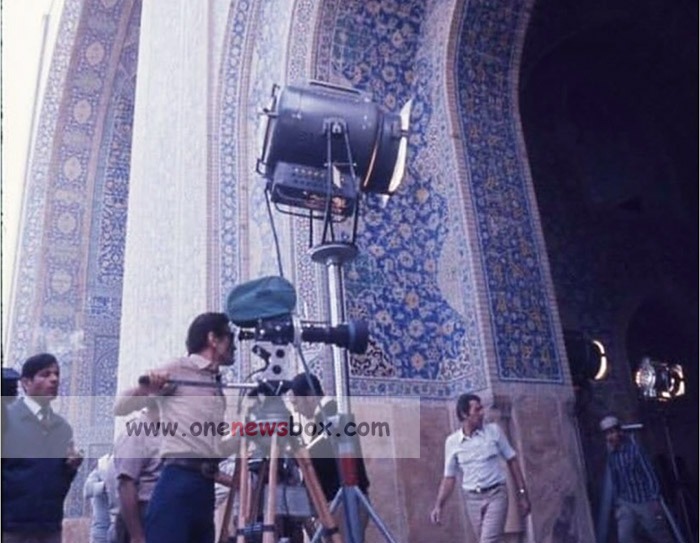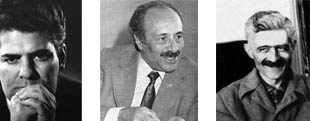In 1939, Pasolini graduated and entered the Literature College of the University of Bologna, discovering new themes such as philology and aesthetics of figurative arts. He also frequented the local cinema club. Pasolini always showed his friends a virile and strong exterior, totally hiding his interior turmoil. In his poems of this period, Pasolini started to include fragments in Friulan, a minority language he did not speak but learned after he had begun to write poetry in it. “I learnt it as a sort of mystic act of love, a kind of félibrisme, like the Provençal poets”.In 1943, he founded with fellow students the Academiuta della lenga furlana (Academy of the Friulan Language). As a young adult, Pasolini identified as an atheist.
In the waning years of World War II, Pasolini was drafted into the Italian Army. After his regiment was captured by the Germans following Italy’s surrender, he escaped and fled to the small town of Casarsa where he remained for several years.
In 1942, Pasolini published at his own expense a collection of poems in Friulan, Poesie a Casarsa, which he had written at the age of eighteen. The work was noted and appreciated by such intellectuals and critics as Gianfranco Contini, Alfonso Gatto and Antonio Russi. Pasolini’s pictures had also been well received. He was chief editor of a magazine called Il Setaccio (“The Sieve”), but was fired after conflicts with the director, who was aligned with the Fascist regime. A trip to Germany helped him also to perceive the “provincial” status of Italian culture in that period. These experiences led Pasolini to revise his opinion about the cultural politics of Fascism and to switch gradually to a Communist position.

